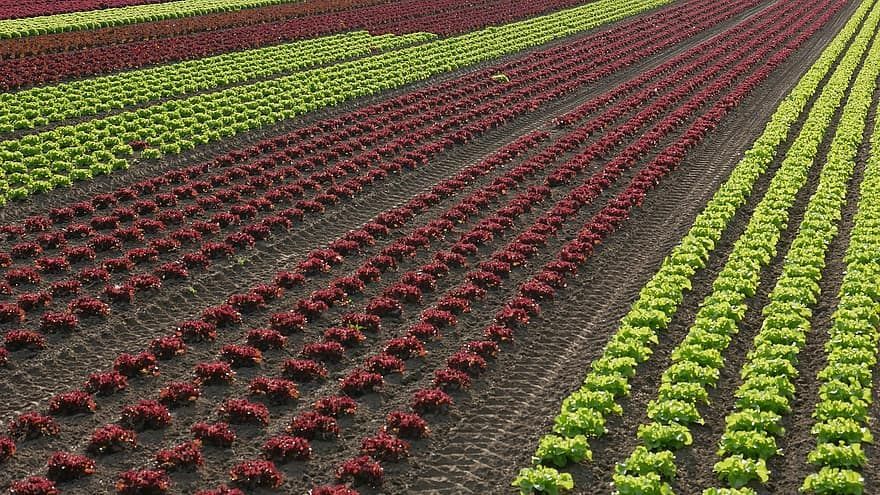News


The sale and leaseback of Australian agricultural land will be a critical component for the growth of Australian agriculture over the coming decades, according to a recent report by Colliers International.
The report includes data on the sale of Australian agricultural land over the last two years, investigating the increasing trend of investors purchasing agricultural land on a leaseback deal with the vendor.
The growth in interest in agricultural investments has grown considerably in the past few decades. In 2009, there were only two active agribusiness funds investing in agricultural land; today there are 43.
The report – The rise of agricultural sales and leaseback transactions in Australia – revealed that the total value of lease back transactions totalled A$2.15 billion between 2018 and June 2020, A$1 billion of which occurred in 2019. Real Estate Investment Trust Charter Hall bought Inghams portfolio for $207 million on a weighted average lease expiry (WALE) deal with a term of 15.8 years. The transaction included 27 properties including hatcheries, feed mills and breeder sites.
Allied Pinnacle milling portfolio sold for nearly A$400 million with a leaseback term of 27.5 years.
The report outlined the favourable conditions driving domestic and international investment into Australian agricultural land including low interest rates, a low Australian dollar and a favourable environmental reputation. With intense interest from investors, agribusinesses are currently in the driver’s seat to take advantage of the competition.
In addition, agriculture has proven to be more reliable than many traditional investment classes through the COVID-19 pandemic – a timely reminder of the critical nature of food production to investors. While the value of property assets such as offices, retail space and hotels will likely recover from the economic downturn, their longer-term risk outlook could increase, forcing investors to look elsewhere.
While seasonal conditions, bushfires, floods, market fluctuations and market access all pose a risk to agricultural investments, Collier’s International cautions that certain business models offer a buffer for potential investors. Vertically integrated business processing value added products with a distribution or marketing channel are better placed to weather commodity price fluctuations, as are businesses with diverse outputs. Businesses with varied farm locations are viewed as being more resilient to natural disasters than single-site enterprises.
“Investments on land-intensive assets in principle provide the best return over the long term, as land vale growth forms an important part of the overall return,” the report stated.
In addition to the favourable risk profile, agricultural land investments have consistently produced the highest yields among property asset classes since 2016, with a positive medium-term outlook.
“In the case of the agricultural sector, we do not expect to see a significant swing towards a softening on yields in 2020/21.”
“Rental growth for agricultural tenants has historically averaged around 2.0% per annum, and we expect this to remain in the short to medium term.”
Sources: Australian Financial Review, Colliers International
Get the latest industry updates
Contact Us
We will get back to you as soon as possible.
Please try again later.




